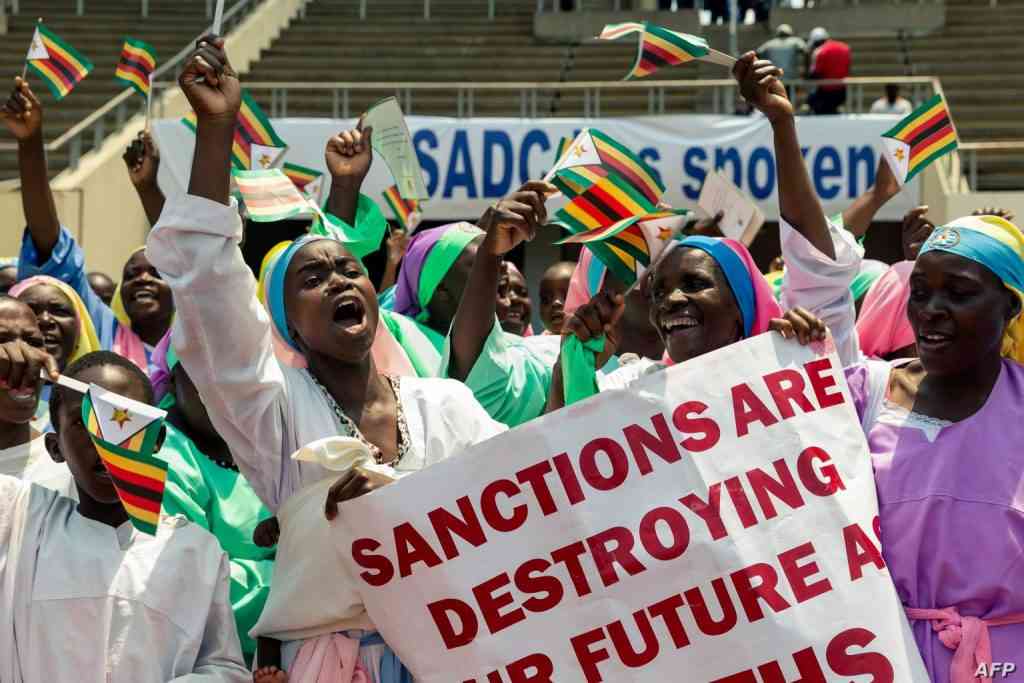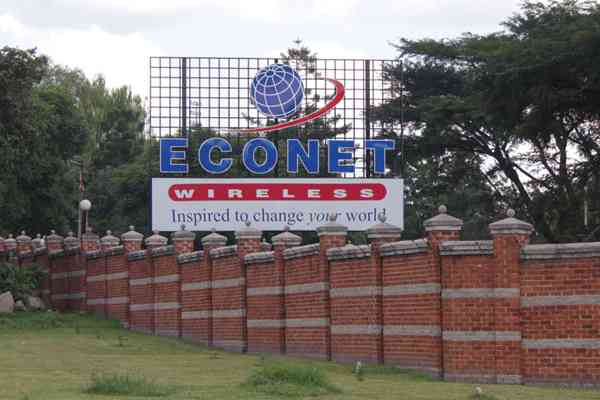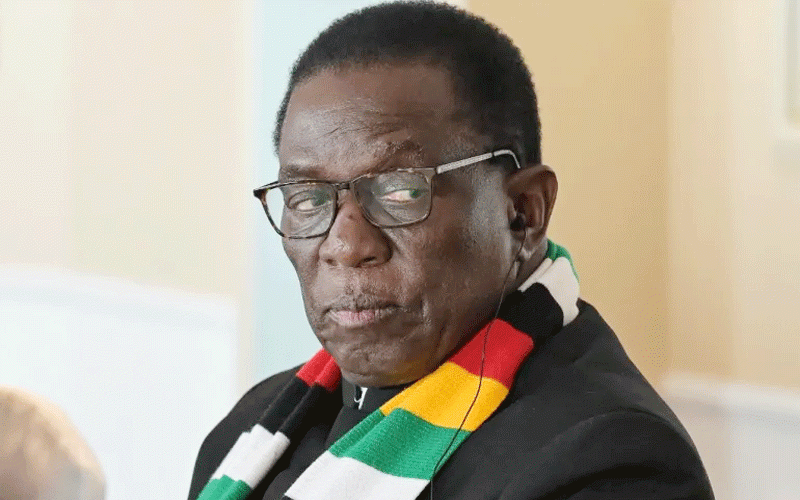
TODAY, Zimbabwe joins other regional countries to commemorate the Southern African Development Community (Sadc) Anti-Sanctions Day.
The Sadc summit of August 2019 declared October 25 as a day for member states to collectively denounce the sanctions imposed on Zimbabwe through various activities and platforms until the sanctions are lifted. While we agree that sanctions are harmful, we urge southern African countries to channel the same energy and determination into confronting an equally debilitating issue — corruption.
In Zimbabwe, corruption has become so deeply entrenched, crippling the economy and destroying livelihoods.
Corruption is now institutionalised, affecting every aspect of daily life and imposing hidden “taxes” on even the most basic services, particularly impacting the poor. Numerous reports reveal that corruption in Zimbabwe is rampant across virtually all sectors, including health and education. Major forms of corruption include bribery, nepotism, embezzlement, theft, mismanagement and absenteeism.
Transparency International (TI) notes that despite the high hopes for reform when President Emmerson Mnangagwa assumed office in 2017 following the end of Robert Mugabe's rule, the country continues to grapple with persistent corruption, economic hardships, and human rights abuses.
The effects of corruption are devastating: Women's rights are undermined as they face bribery demands for essential services, and public trust in government institutions erodes as corruption wastes taxes revenues meant for crucial community projects.
As a result, public services suffer. Infrastructure projects remain unfinished or substandard, while illicit financial flows, especially from natural resource sectors, drain billions of United States dollars from the economy. Zimbabwe ranks 157th out of 180 countries on the Corruption Perceptions Index, with a dismal score of 24/100. TI estimates that corruption costs the country approximately US$2 billion annually.
This is a huge amount to be ignored. If properly managed, it could significantly improve Zimbabwe’s health and education systems, repair deteriorating infrastructure, or even help pay down the national debt, currently estimated at over US$20 billion. Seven years into Mnangagwa's presidency, corruption has only worsened, despite his 2017 pledge to combat it.
- Lobby group bemoans impact of graft on women
- Corruption watch: Rogue cops: Blame it on the bosses
- DJ Ladyg2 fights stereotype in showbiz
- Corruption watch: Who is benefitting from the Pomona sham deal?
Keep Reading
We urge the President and the ruling Zanu PF party to match their anti-sanctions efforts with a robust anti-corruption campaign.
The international community has long recognised Zimbabwe's struggles with corruption. TI reports emphasise the urgent need for decisive action. Zanu PF should demonstrate its commitment to reform by launching an anti-corruption initiative alongside its current anti-sanctions campaign.
To revive Zimbabwe's economy, we must tackle the root causes of corruption. This requires strengthening institutions, promoting transparency, and ensuring accountability at all levels of government. Above all, the government must prioritise the welfare of its citizens over the personal gain of elites.
In conclusion, as Zimbabwe marks Anti-Sanctions Day, it is an opportune moment to reassess national priorities. Fighting corruption with the same vigour as opposing sanctions is essential for meaningful progress. The future of Zimbabwe depends on confronting both challenges head-on.











